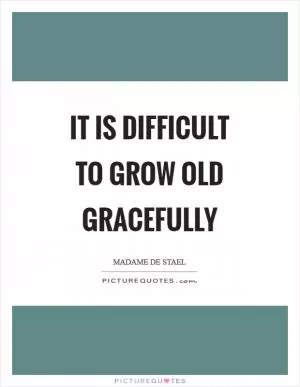Music revives the recollections it would appease

Music revives the recollections it would appease
Madame de Stael, also known as Anne Louise Germaine de Stael, was a prominent French writer and intellectual figure in the late 18th and early 19th centuries. She was known for her influential works on literature, politics, and society, as well as her involvement in the cultural and political circles of her time. One of the themes that Madame de Stael often explored in her writings was the power of music to evoke memories and emotions, and how it could serve as a source of solace and comfort in times of distress.In her essay "On Music," Madame de Stael wrote, "Music revives the recollections it would appease." This statement encapsulates the idea that music has the ability to bring back memories and emotions that may have been buried or forgotten, and in doing so, it can provide a sense of comfort and healing. Madame de Stael believed that music had a unique power to connect people to their past experiences and emotions, and that it could serve as a form of therapy for the soul.
Madame de Stael's own life was marked by personal and political turmoil, including exile from France during the reign of Napoleon Bonaparte. During these difficult times, music played a significant role in her life, providing her with a sense of solace and connection to her past. She often turned to music as a source of inspiration and comfort, finding in it a refuge from the chaos and uncertainty of the world around her.












 Friendship Quotes
Friendship Quotes Love Quotes
Love Quotes Life Quotes
Life Quotes Funny Quotes
Funny Quotes Motivational Quotes
Motivational Quotes Inspirational Quotes
Inspirational Quotes